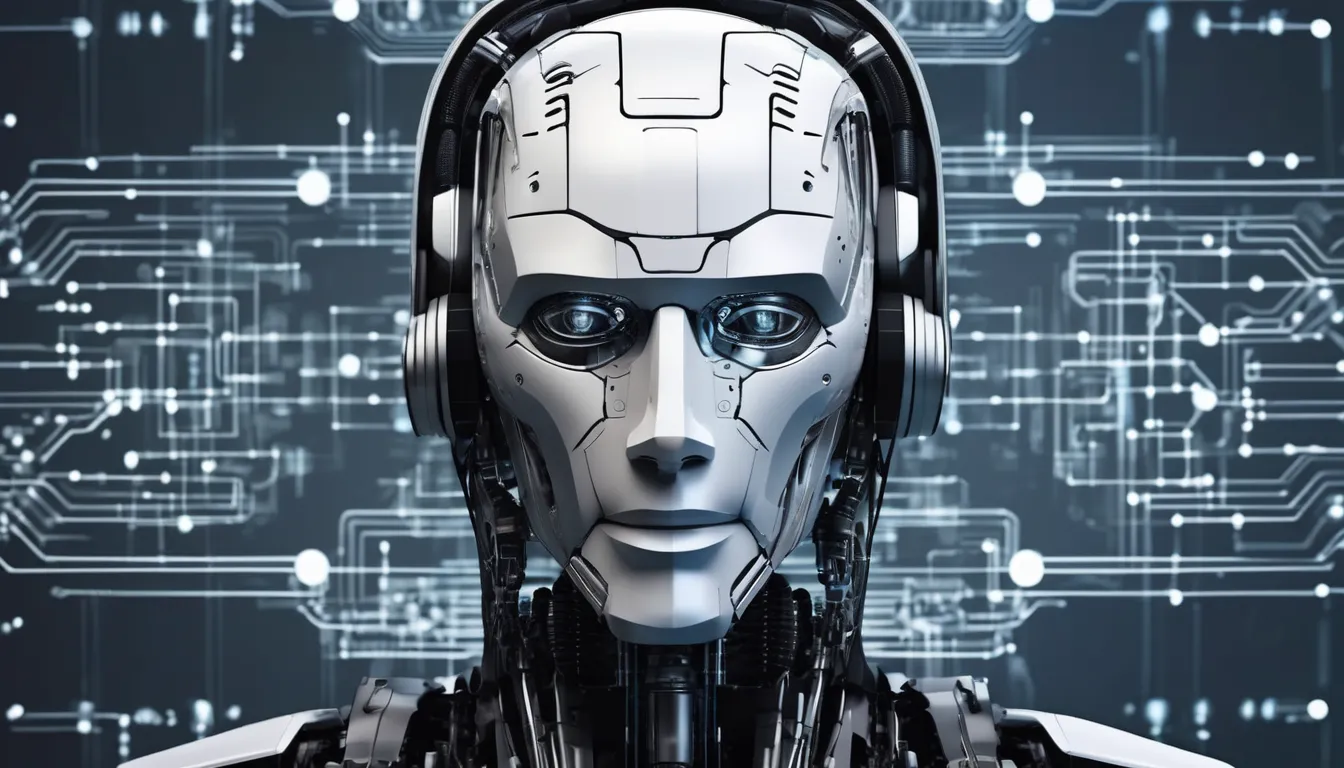Introduction
Artificial Intelligence (AI) has gradually transitioned from the realm of science fiction into a fundamental part of our daily lives. From virtual assistants like Siri and Alexa to sophisticated algorithms that govern social media feeds and medical diagnostics, AI’s influence is pervasive and growing. This article delves into the evolution of AI, its current applications, and the future prospects and ethical considerations surrounding this transformative technology.
The Evolution of AI
AI’s history dates back to the mid-20th century. The term “artificial intelligence” was coined in 1956 during a conference at Dartmouth College, where pioneers like John McCarthy, Marvin Minsky, and Allen Newell laid the groundwork for machine learning, natural language processing, and robotics. Early AI systems relied on symbolic reasoning and rule-based logic, leading to initial excitement but also disillusionment during “AI winters,” periods characterized by reduced funding and interest.
The real turning point for AI came with the advent of big data and enhanced computational power in the 21st century. Breakthroughs in machine learning, particularly deep learning, have enabled AI systems to analyze vast amounts of data and learn from experiences—paving the way for unprecedented advancements in performance.
Current Applications of AI
Today, AI is seamlessly integrated into various sectors, reshaping industries and everyday experiences:
- Healthcare: AI algorithms analyze medical data to identify patterns, assist in diagnostics, and even predict patient outcomes. Technologies such as medical imaging, predictive analytics, and personalized medicine are transforming patient care.
- Transportation: Autonomous vehicles leverage AI to make decisions in real-time, improving safety and efficiency on the roads. Companies like Tesla, Waymo, and Uber are at the forefront of this innovative leap.
- Finance: In the financial sector, AI is employed for fraud detection, algorithmic trading, personalized banking experiences, and credit scoring—enhancing security and decision-making processes.
- Retail: AI-driven analytics improve inventory management, customer experience, and supply chain efficiency. Personalization engines enable tailored recommendations for consumers, which can significantly boost sales.
- Entertainment: Streaming platforms like Netflix and Spotify utilize AI to curate content tailored to individual preferences, making entertainment more engaging and customizable.
- Customer Service: AI-powered chatbots and virtual assistants provide 24/7 support, address customer queries in real-time, and streamline service operations, enhancing customer satisfaction.
The Future of AI
As AI continues to advance, its potential applications seem limitless. However, this rapid evolution brings a host of challenges and considerations:
- Ethics and Bias: AI systems can perpetuate and even amplify societal biases present in the data they are trained on, leading to unfair outcomes. Ensuring fairness, accountability, and transparency in AI algorithms is crucial to prevent discrimination.
- Job Displacement: Automation through AI has raised concerns about job displacement in various sectors. While AI can improve efficiency and productivity, there is a pressing need for workforce retraining and the creation of new job opportunities.
- Security Risks: The rise of AI also poses cybersecurity threats. AI can be leveraged by malicious actors for phishing attacks, deepfakes, and other cyber crimes, necessitating a proactive approach to digital security.
- Regulation: Governments worldwide are grappling with how to regulate AI technologies effectively. Striking a balance between innovation and protection is key to harnessing the benefits of AI while safeguarding societal interests.
- Human-AI Collaboration: The future will likely see increased collaboration between humans and AI. Rather than replacing human intelligence, AI can augment human capabilities, enabling people to focus on complex problem-solving and creativity.
Conclusion
Artificial Intelligence represents one of the most significant technological paradigms of our time. As it continues to evolve and permeate every aspect of our lives, it brings both exciting opportunities and formidable challenges. To navigate this complex landscape, it is essential to foster open dialogue about the ethical implications of AI, invest in education and retraining, and develop robust regulatory frameworks. By doing so, we can ensure that AI serves as a powerful tool for human advancement, enhancing our capabilities while being mindful of its impact on society.














